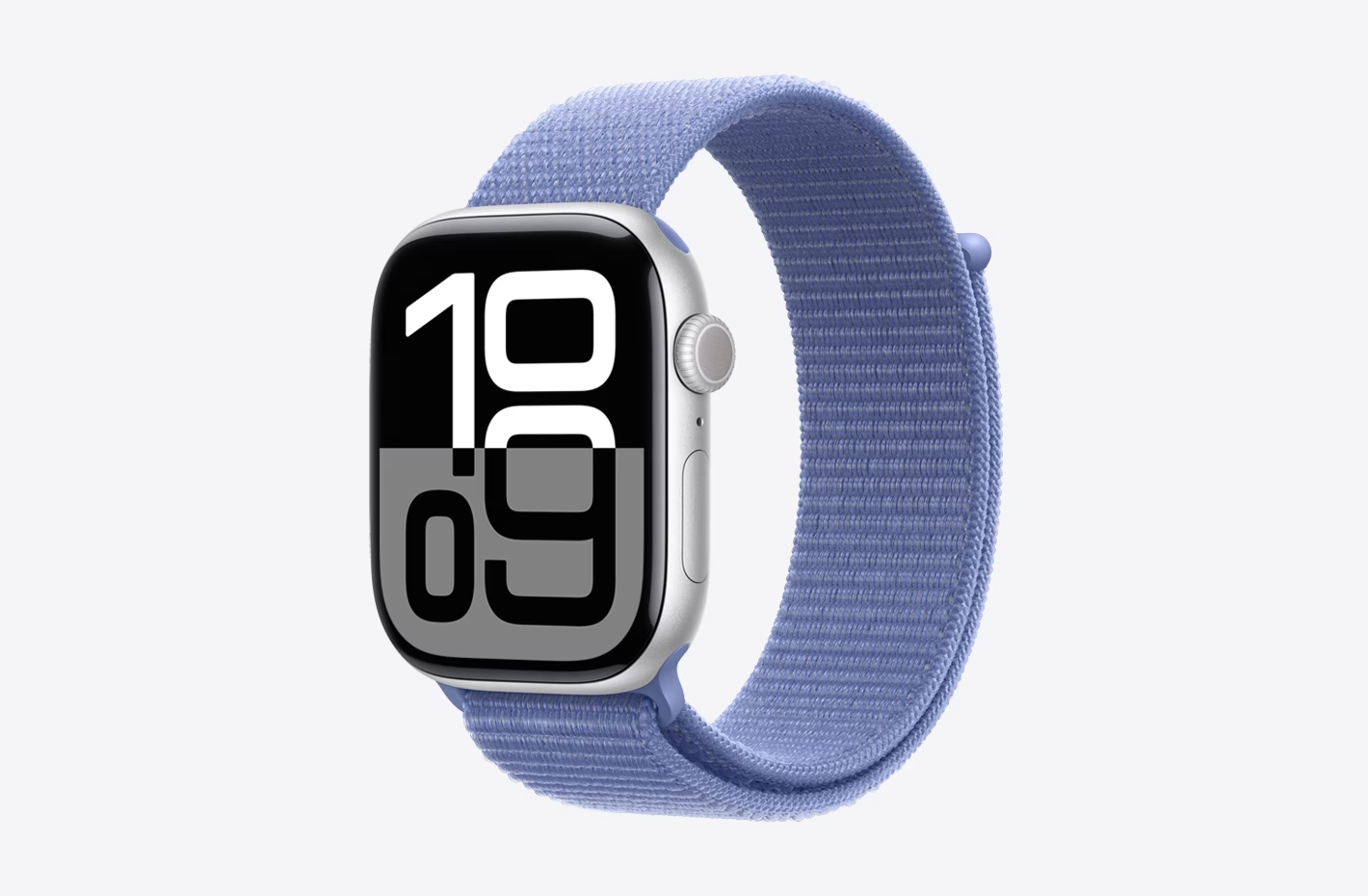Apple Alleges Ex-Employee Stole Apple Watch Secrets for Oppo, Igniting Tech Espionage Concerns
Apple has initiated legal proceedings against a former employee, Chen Shi, and Chinese tech giant Oppo, accusing them of conspiring to steal critical trade secrets related to the Apple Watch. This lawsuit, filed recently, alleges that Shi, a former Sensor System Architect, misappropriated sensitive information concerning the wearable's advanced health-sensing technologies before joining Oppo. It's a serious claim, and one that underscores the intense competition and intellectual property battles within the consumer electronics industry.
The Core Allegations Against Chen Shi
According to Apple's lawsuit, Chen Shi worked on the Apple Watch team from January 2020 until June 2025. Interestingly, the company claims Shi began seeking employment with Oppo as early as April 2025, just months before his departure. But here's where it gets really sticky: Apple alleges Shi misrepresented his reasons for leaving, stating he was returning to China to care for elderly parents and had no plans for new employment. A classic move, if true, to throw off suspicion.
The lawsuit paints a picture of a calculated information gathering effort. Apple asserts that Shi "set up and attended dozens of one-on-one meetings" with various Apple Watch team members. The purpose? To glean as much as he could about their work on "optical sensors, temperature sensors, and ECG sensors" – core components that give the Apple Watch its health monitoring prowess. Imagine the sheer volume of proprietary knowledge discussed in "dozens" of such meetings.
Furthermore, the legal document details specific digital actions. Shi allegedly downloaded 63 files from a protected Apple folder and transferred this material to a USB drive. And then there's the telling digital breadcrumb: Apple claims Shi searched the internet for phrases like "how to wipe out [a] macbook" and "can somebody see if I’ve opened a file on a shared drive?” Not exactly the actions of someone with nothing to hide, are they? Perhaps the most damning piece of evidence cited is a message Shi purportedly sent to his future Oppo employers, explicitly stating his intent to "collect as much information as possible" about Apple's health-sensing technologies. That's a direct quote, and it doesn't look good.
Oppo's Firm Denial
A Pattern of Protecting Intellectual Property
This isn't an isolated incident for Apple. The tech giant has a history of aggressively protecting its intellectual property, and it's not shy about taking former employees to court. Earlier this summer, for instance, Apple sued a design engineer for allegedly sharing trade secrets related to its groundbreaking Vision Pro headset with his new employer, Snap. These cases highlight a recurring challenge for companies at the forefront of innovation: how do you safeguard your most valuable assets – your ideas and designs – when employees move between competitors? It's a constant cat-and-mouse game, really.
The implications here are significant, not just for Apple and Oppo, but for the broader tech industry. Such lawsuits serve as a stark reminder to employees about the strict non-disclosure agreements they sign and the severe consequences of violating them. For companies, it reinforces the need for robust internal security measures and vigilant monitoring of sensitive data. As wearable technology continues to advance, particularly in health monitoring, the value of these "trade secrets" only grows. We'll be watching closely to see how this case unfolds and what precedents it might set for future intellectual property disputes.
